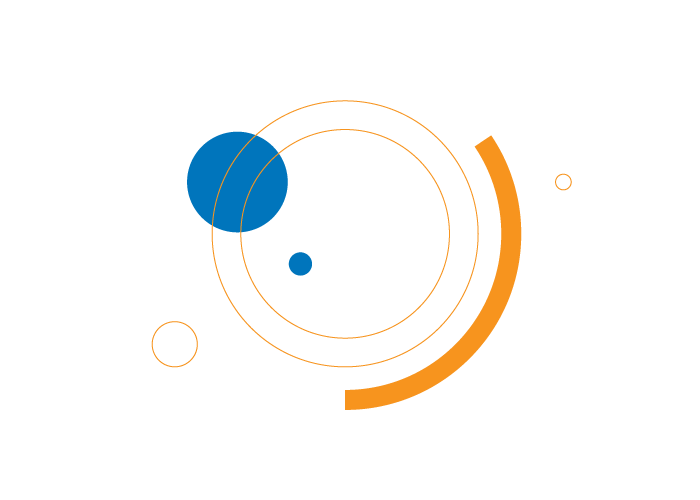For India’s burgeoning young population, this presents a conundrum: how does one plan an education, skilling and career path when potential future jobs do not even exist today?
The Gender Divide and the Workforce
According to the Census 2011 and the NHFS-4, almost 53% of girls do not enrol in secondary schools, and 18% drop out before completion. This evident gender gap in access to quality education will manifest itself into a much larger problem in the future. Millions of girls with limited literacy and restricted digital access will find it much harder to cope with a fast-changing education and work landscape. Informal education and lifelong learning spaces will therefore become key avenues where women can access digital fluency skills. In addressing the larger issue of gender parity in the workforce, the skilling of young girls and women for 21st century workplaces becomes an essential step.
Workforce Transformations in the Age of Automation
Routine manual tasks have increasingly become automated, and the blurring of physical and virtual spaces has created new forms of working and collaboration. The ever-changing technological landscape demands new skill sets and individuals who are quick to adapt to enable seamless integrations into a 21st century workplace.
However, upskilling alone cannot prepare young people for the future of work and learning – a strong sense of ownership is also essential. This is because classrooms cannot always keep pace with developments in technology and industry, where future opportunities are constantly being redefined. This necessitates the need to grow into self-learners, enabling one to become lifelong learners. Building these core skills will allow for the development of meaningful and sustainable career pathways.
Anytime, Anywhere Learning
A strategy for the future of skilling should look beyond the technical skills required for specific job profiles. Instead, it should seek to cultivate a set of foundational skills that can help chart meaningful and sustainable careers. This is a belief that is at the heart of Quest Alliance’s work.
Critical thinking, creativity, digital literacy, collaboration and communication have become crucial for young people to build their agency and define their learning processes. Aptly labelled ‘21st century skills’, these are intended to help students stay relevant in a changing job market.
In order to reach large numbers of young people across the country, Quest has focussed on developing scalable models that can easily be replicated in various spaces. These models are structured around ‘blended learning’ technologies – a mix of digital content and personal interactions. Thus, a learner is empowered to learn at their own pace, in their own time and space, with guidance available when required.
At Quest Alliance, we believe that fostering a culture of self-learning is the best way to prepare for the future of work and learning.
Now in its 15th year, Quest Alliance aims to impact the lives of 4 million young people. With a special focus on adolescent girls, it wants to create a nation of self-learners enabled by 21st century skills.
Our Strategic Approach
The educations-skills divide is complex. It is comprised of learnings beyond school, and needs to be addressed at multiple levels within the existing ecosystem for change to be long-term and sustainable. This calls for creative thinking, strategic partnerships and balanced resource allocation funneled through a synergistic approach.
Empowering learners and educators to build 21st century skills and integrating them in their local environments by building awareness on self-learning.
Expanding partnerships with government, civil society and businesses to scale models of self-learning for 21st century skills.
Establishing advocacy alliances of thought leaders to mainstream self-learning for 21st century skills.
Excelling in building robust systems, culture and leadership to scale impact.
For the education and skill development ecosystem to thrive, it is well understood now that organisations need to work in congruence with other stakeholders—whether to widen existing perspectives, upscale ongoing initiatives or make targeted interventions to address gaps in this space. Another extension to this is the government, since this exercise is as much about advocacy as it is about achieving quality numbers.
In view of this, the framework of Quest’s five-year goal has been structured to maximise impact across stakeholders:
Learners: Empower 4 million learners with 21st century skills across 12 states through a network of 200 civil society partners, 750 Industrial Training Institutes (ITIs), 5450 schools and formal partnerships with 7 state governments.
Educators: Aim to equip 50,000 educators/facilitators to catalyse their learning ecosystems with 21st century skills.
Institutions: Focus on building the next level of innovation in anytime, anywhere learning and integrate these into mainstream systems by working with upper primary and secondary schools, ITIs, Vocational Training Institutes (VTIs), NGOs and appointed Cluster Resource Centres (CRCs) or District Resource Group (DRGs).
Government: Establish Quest Alliance as the first point of recall for 21st century skills with relevant state and central government departments.
Alliances: Establish a global community of organizations and institutions for innovation, collaboration and knowledge-sharing on self-learning for the 21st century. As an extension to this, we also want to launch an alliance of thought leaders from this community to build the discourse for self-learning for 21st century skills and drive policy change.
Programs for Impact at Scale
With half of India’s population under the age of 25 and actively participating in the workforce, there is a massive potential to leverage this demographic dividend to transform its economy. Thus, empowering young people with the skills and knowledge to drive social and economic change becomes the need of the hour.
While efforts to equip youth with future-ready skills necessitates focused activities with young people themselves, real change cannot be catalysed in isolation. The learning ecosystem itself needs to become a space where self-learning and 21st century skilling is incubated, cultivated and promoted. Educators, institutions and policy-makers play an essential role in catalysing this change.
Quest Alliance has therefore identified two approaches for impact and scale.
The Scale-up Node
Demonstrated by the Anandshala program, the Secondary School program and the MyQuest program, this approach develops, tests and scales replicable models for transforming learning ecosystems.
The scale-up node will employ a three-pronged approach:
Strengthen the capacities of schools to ensure students stay, engage and learn
Foster 21st century skills in adolescents to optimize their personal and career decision-making
Facilitate lean school-to-work transitions and career pathways for youth
The Scale-out Node
Evidenced by the Educator Development program, Quest Experience Lab and Knowledge Hub, this approach creates impactful models to develop talent and share knowledge to create self-learning environments in the ecosystem through research and advocacy, capacity building and education technology.
The Scale Out node will also utilise a three-layered approach to create 21st century educators to nurture effective teaching and learning:
Cultivate a community of leaders to drive and support change
Innovate blended learning experiences to offer learning anytime, anywhere and promote 21st century skills
Facilitate knowledge exchange and policy dialogue in the area of school-to-work transitions
Anchored around 21st century skills and career development, these programs have been designed to empower all stakeholders in a world that will demand constant learning, unlearning and relearning. Quest Alliance’s five-year strategy explores the key channels of intervention to establish a global community of organizations and institutions to build the discourse for self-learning for the 21st century and drive policy change.
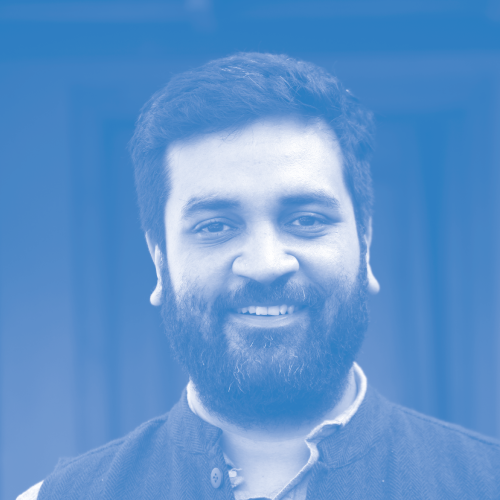
Aakash Sethi
CEO
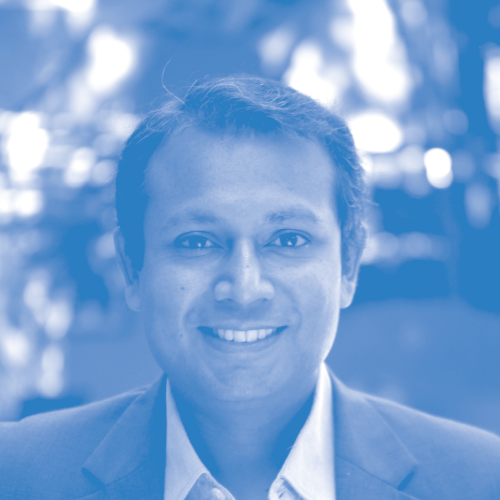
Abhijeet Mehta
COO
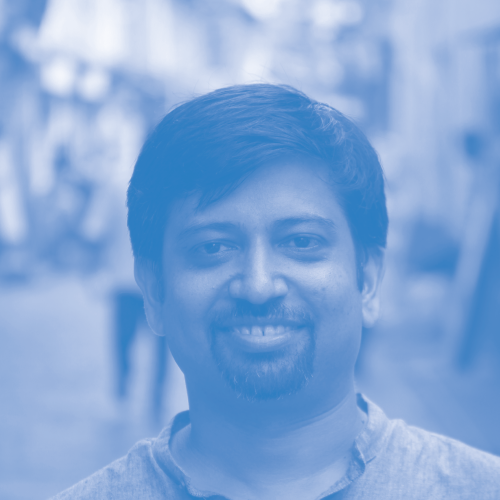
Amitav Nath
Associate Director, Anandshala
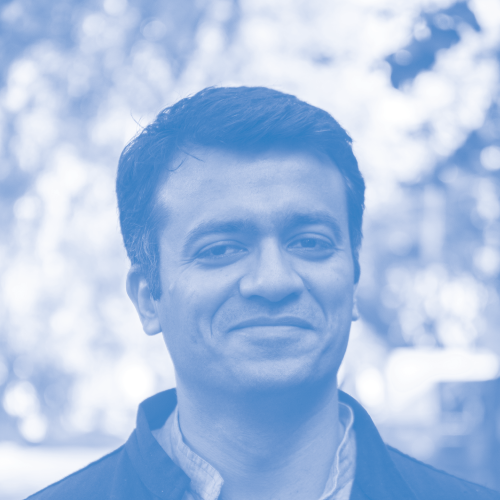
Ashutosh Tosaria
Director, Youth Programs
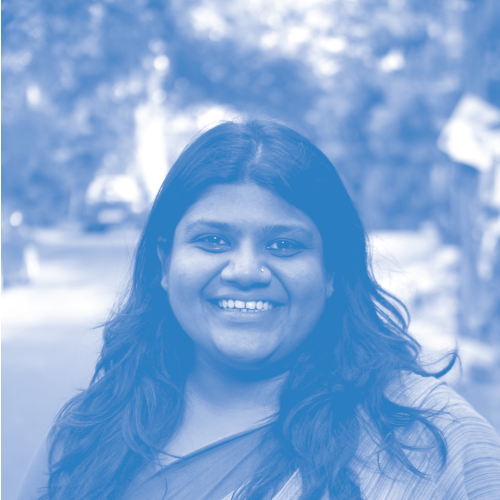
Gauri Sanghi
Associate Director, Knowledge Management

Neha Parti
Associate Director, Secondary Schools
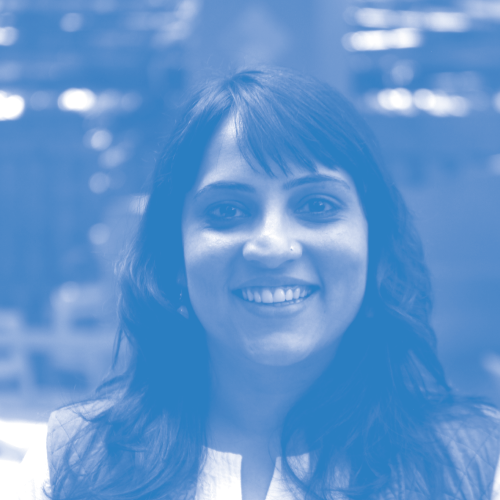
Nikita Bengani
Associate Director, Quest Experience Lab
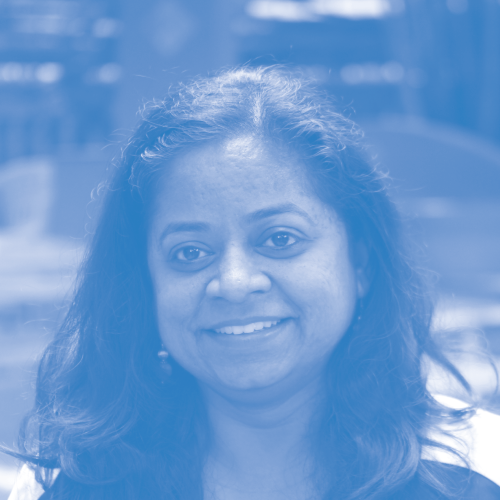
Shalini Menon
Associate Director, Capacity Building
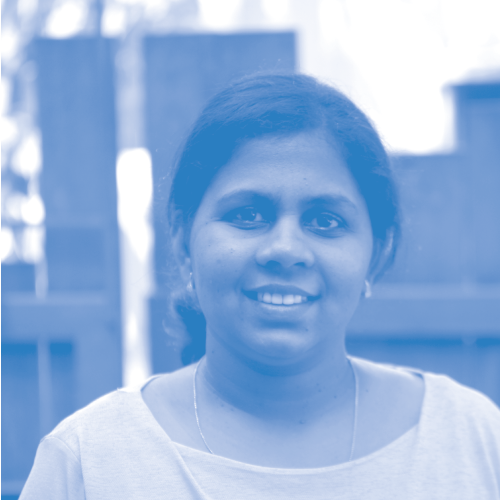
Sylvia Priyanthi
Associate Director, People and Operations
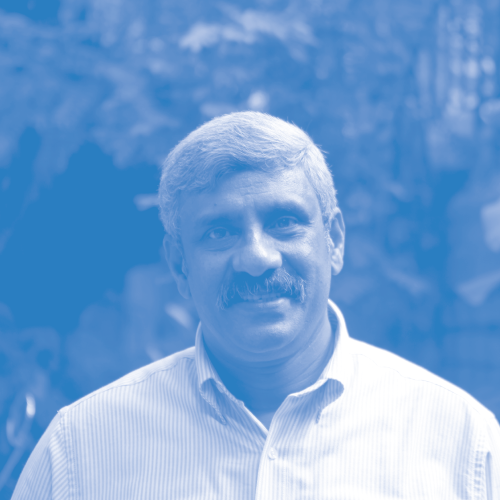
Thirumalpad Venugopal
Director, Finance, Admin and IT

Aakash Sethi / Male
Managing Trustee
CEO, Quest Alliance
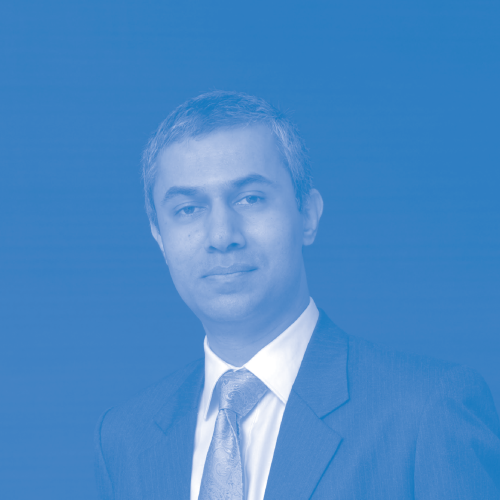
Aashu Calappa / Male
Advisory Board Member
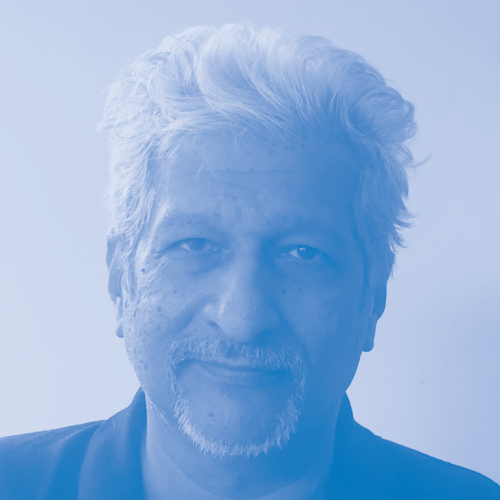
Arvind Lodaya / Male
Trustee
Strategic Innovation & Branding Consultant at ALo Consulting
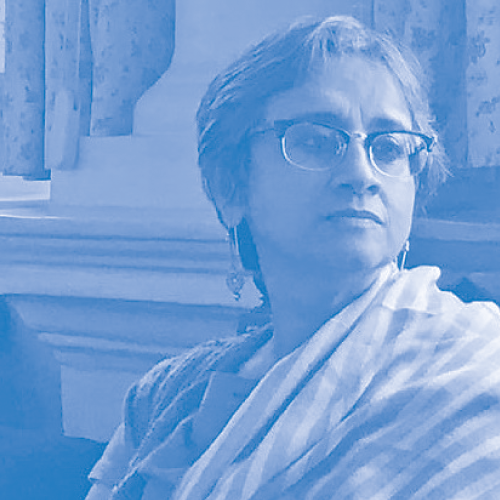
Dipta Bhog / Female
Advisory Board Member
Founder, Nirantar
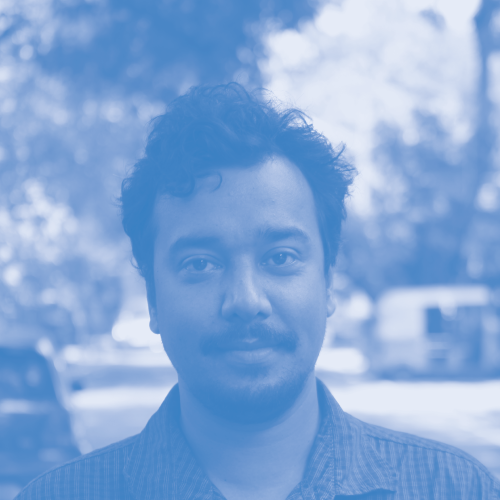
Kapil Das / Male
Trustee
Film Maker

Nagesh Alai / Male
Advisory Board Member
Founder, Independent Business and Financial Advisory
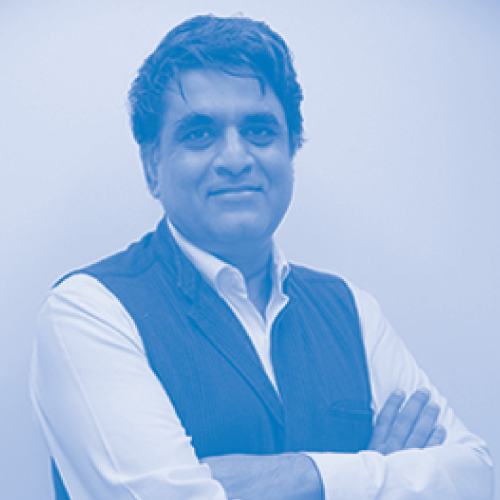
Sanjay Anandaram / Male
Advisory Board Member
Governing Board Member at TiE
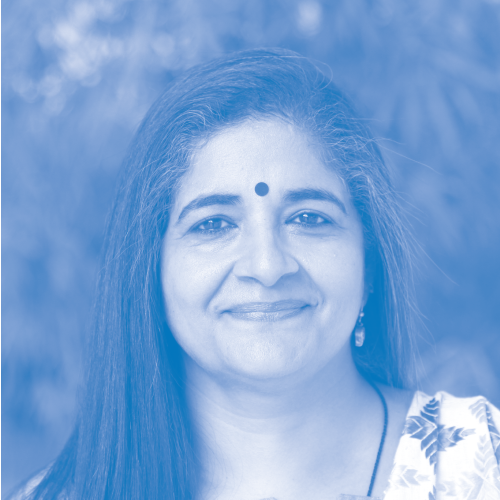
Vikas Goswami / Female
Advisory Board Member
Head, Sustainability, Good & Green at Godrej Industries Ltd.
Board Meetings Held
All numbers below in INR
| ACCENTURE INDIA | 67,176,734 | 25% |
| CISCO | 52,825,790 | 20% |
| J.P. Morgan | 28,242,000 | 11% |
| IBM | 27,186,480 | 10% |
| BANK OF AMERICA | 20,000,000 | 7% |
| Sanjeev Prasad | 10,574,248 | 4% |
| IMPACT FOUNDATION | 8,310,000 | 3% |
| HANS FOUNDATION | 7,661,982 | 3% |
| HSBC | 7,552,600 | 3% |
| CHARITY AID FOUNDATION INDIA | 6,412,160 | 2% |
| NASSCOM FOUNDATION | 3,703,590 | 1% |
| VIP INDUSTRIES LTD | 3,000,000 | 1% |
| GODREJ | 2,364,471 | 1% |
| UNDP | 2,327,816 | 1% |
| AMD | 1,598,300 | 1% |
| APPI | 1,490,000 | 1% |
| CENTRAL SQUARE FOUNDATION | 950,000 | 0% |
| VIBHA FOUNDATION | 868,348 | 0% |
| INTERNATIONAL YOUTH FOUNDATION | 822,681 | 0% |
| RPGF | 493,900 | 0% |
| CHILD AID NETWORK | 385,776 | 0% |
| BHARAT RURAL LIVELIHOODS FOUNDATION | 167,597 | 0% |
| IDEA | 60,024 | 0% |
| Individual Donations | 499,532 | 0% |
| Bank Interest | 5,363,485 | 2% |
| Other Income | 6,974,161 | 3% |
| TOTAL | 267,011,675 | 100% |
All numbers below in INR
| Salaries & Benefits | 80,618,881 | 27% |
| Program Expenses | 64,328,596 | 22% |
| Sub Grant | 72,941,251 | 25% |
| Travel | 25,773,901 | 9% |
| International Travel | 760,780 | 0% |
| Training & Workshops | 17,407,762 | 6% |
| Operations and Equipment Costs | 10,135,713 | 3% |
| Assets acquired | 3,445,243 | 1% |
| Administrative Expenses | 19,376,980 | 7% |
| Total | 294,789,107 |
All numbers below in INR
| Capital Fund | 15,460,362 |
| General Fund | 13,835,170 |
| Specified Fund | 104,862,204 |
| Corpus Fund | 16,614 |
| Current Liabilities | 10,923,901 |
| TOTAL | 117,427,911 |
| Fixed Assets | 11,144,846 |
| Investments | 46,350,725 |
| Current Assets | 3,825,361 |
| Cash & Bank Balances | 56,106,979 |
| TOTAL | 117,427,911 |
All numbers below in INR
| Donations and Contributions | 499,532 |
| Interest Income | 4,033,683 |
| Other Income | 6,974,161 |
| Transfer from Specified Grant Fund (Foreign Grant) | 88,127,110 |
| Transfer from Specified Grant Fund (Local Grant) | 157,495,253 |
| Excess of Expenditure Over Income | 17,193,714 |
| TOTAL | 274,323,453 |
| Programme Expense | 47,085 |
| Overhead & Administration Cost | 18,703,290 |
| Project Expenditure (Foreign Grant) | 88,937,210 |
| Project Expenditure (Local Grant) | 164,296,897 |
| Depreciation | 2,338,971 |
| TOTAL | 274,323,453 |

| Kaos Pilot Campus and Lego Ideas Conference 2018 (and business development meetings) |
Billund and Zurich | Aakash Sethi |
| Asian Venture Philanthropy Network Conference 2018 | Singapore | Aakash Sethi |
| UNESCO Mobile Learning Week | Paris | Nikita Bengani and Aakash Sethi |
| Change Leader Academy workshop | Colombo | Ashutosh Tosaria, Shalini Menon, Neha Parti and Sylvia Priyanthi |
| Global Youth Economic Opportunity Summit | Washington DC | Nikita Bengani |
| Quest2Learn (keynote speaker) | Arizona (to Bengaluru) | Punya Mishra |
